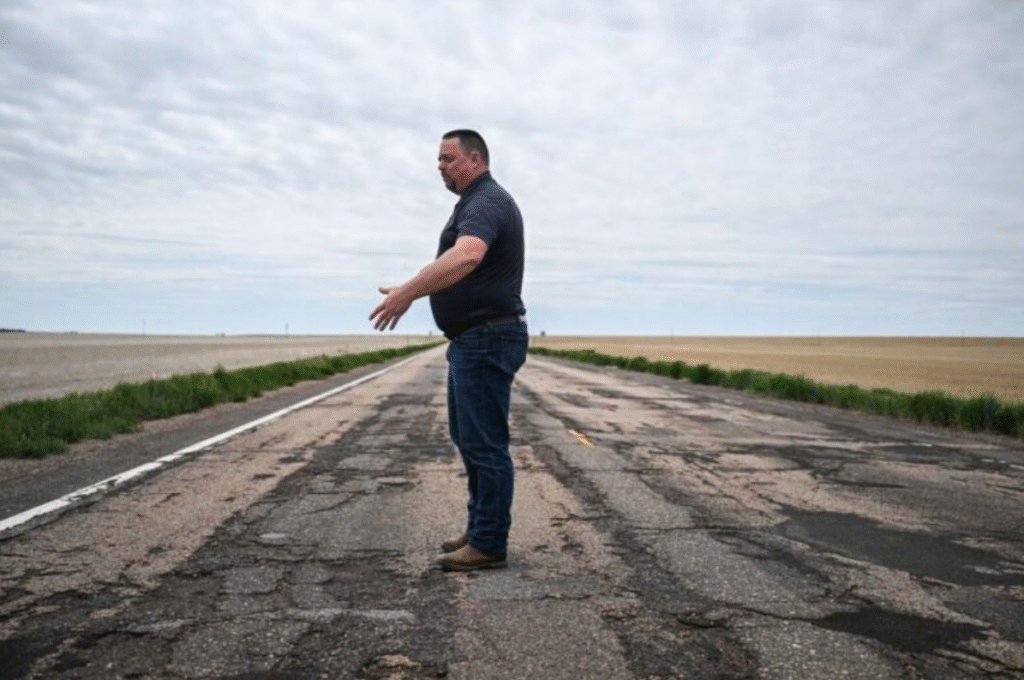Bill creating HOA and metro district task forces heads to Jared Polis

Two separate task forces created by the state General Assembly will take deep dives later this year into the issues affecting tens of thousands of Coloradans living in homeowners’ associations and metropolitan districts.
The task forces’ creation comes on the heels of a variety of unsuccessful efforts in the Legislature to change how they operate that go back several years, and, according to people who have followed those processes, are a long-necessary study of what’s really ailing those groups.
This year alone, there were four bills aimed at metropolitan districts – three passed – and five dealing with HOAs, of which three died in committees.

“For years, if not decades, homeowners and their advocates have been excluded from the stakeholder process, leaving metro district legislation to be crafted by developers and their allies,” attorney Brian Matise told The Denver Gazette. “The metro district task force has a broad mandate and can consider abuses related to tax levying, governance and election policies, and homeowner communications and disclosures.”
House Bill 23-1105 establishes the two task forces and calls on each to delve into the issues that affect both groups. For HOAs, that’s looking into how the associations work, how they get their authority and what types of concerns residents within them have.
The most critical component is that the state’s nearly 8,000 registered HOAs and more than 2,500 metropolitan districts are required to tell all its residents and homeowners about the task forces before their first meetings.
The HOA group will meet first and be composed of members from the Attorney General’s Office, the state division of real estate, the division of housing, and the Home Owner’s Association information office. Additionally, the committee with have appointees by the Speaker of the House, two HOA homeowners, an attorney with expertise in community law, an attorney who represents HOA homeowners, an HOA advocate, a developer, a community association manager, and a member each from the state Senate and House.
The HOA group can create an advisory committee of private citizens to help it with its work.
The HOA task force must be named by July 15 and have an interim report ready by Oct. 15. A final report is due by Jan. 15, 2024.
The metro district task force won’t meet until after its members are chosen by Nov. 1. It will use the HOA interim report as a primer for its work and publish its own report by March 15, 2024.
The metro district task force will be composed of similarly situated people as the HOA group, except that it will additionally include a city council member, a county commissioner, and a member of a non-profit group that represents metro districts and one that represents affordable housing.
Groups representing HOAs and metro districts have fought hard against substantive changes to how they operate, but have also offered their own solutions that, in some cases, critics said are weak at best.
Rather than piecemeal any reforms, the task forces are designed to bring a comprehensive approach, co-sponsor Sen. Lisa Cutter, D-Littleton, said.
One concern among metro districts is the makeup of its governing board of directors, frequently developers who don’t live there.
“Would you like to live in a place that’s not governed by its citizens?” asked Geoff Withers, a lobbyist for the Colorado League of Women Voters, at an earlier committee hearing on the bill. “That’s one of the problems people in metro districts have – to discover their boards are not made up of people who live there. Shy of the shortcomings of representation, we hope this task force works.”
Matise said he had hoped the task force’s makeup would more evenly represent residents and homeowners, which has only three representatives in the 14-person panel. Nevertheless, he’s hopeful, he said.
“Although I hoped the task force would meet earlier so that legislation could be proposed before the 2024 legislative session begins (in January), I am pleased that the task force will provide a public forum to bring homeowner concerns to light,” Matise said.















